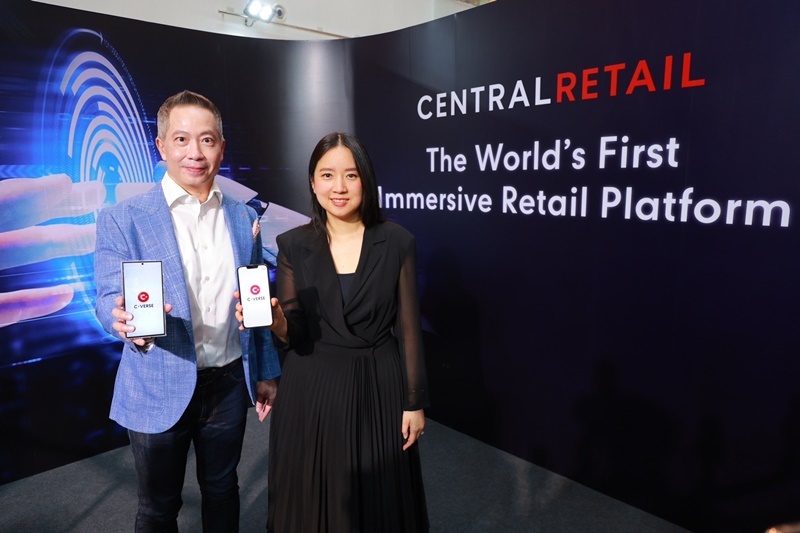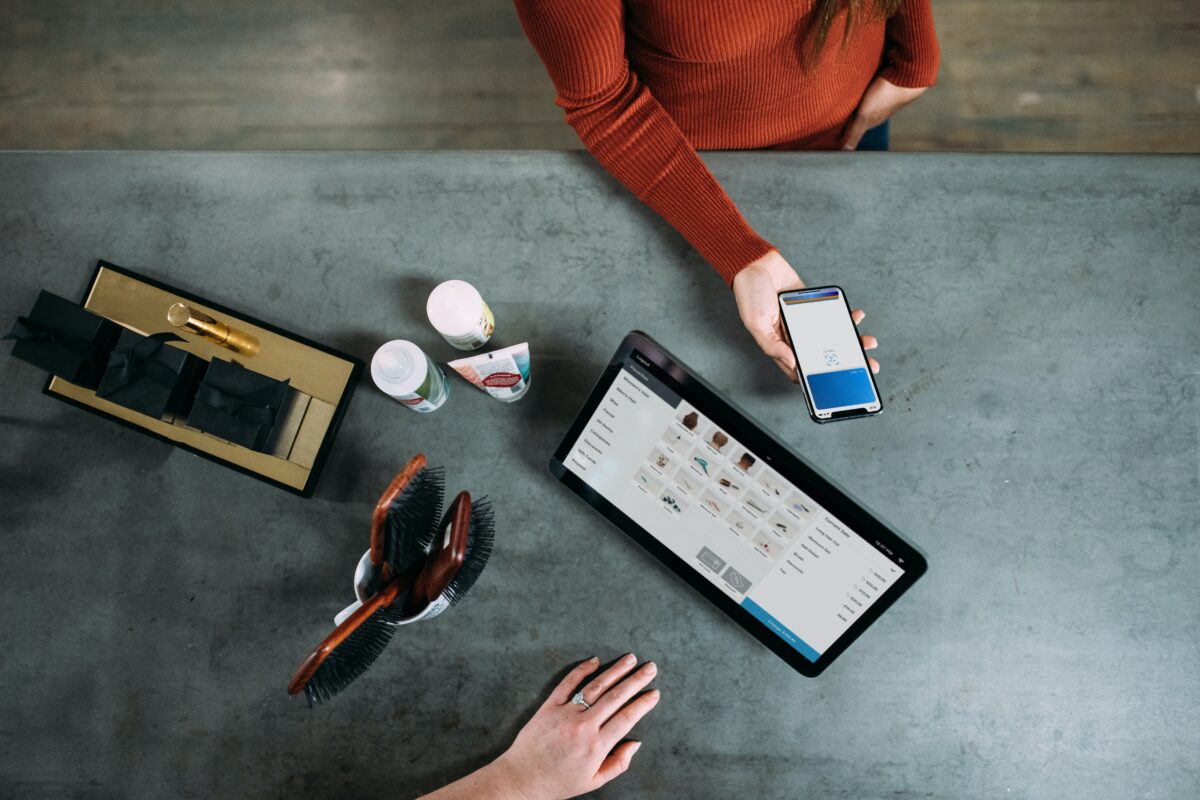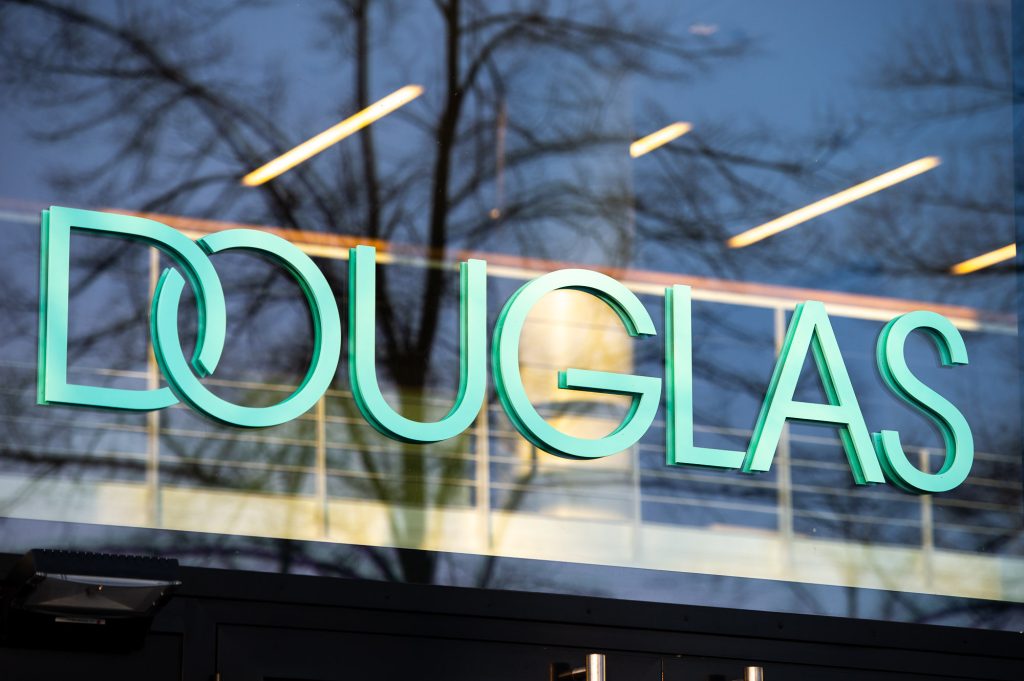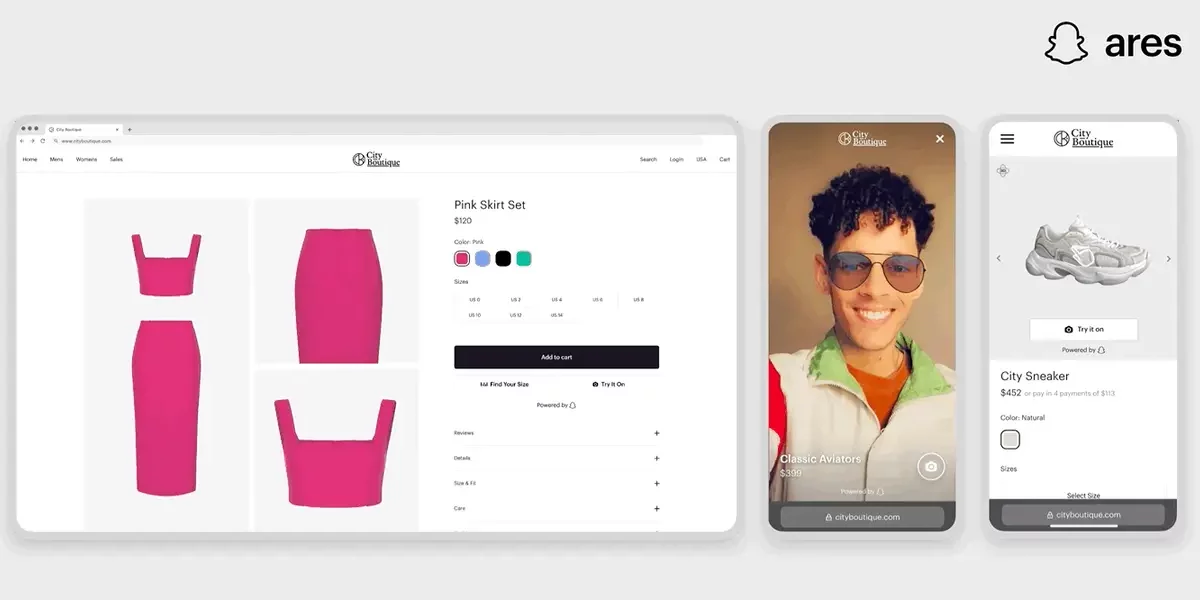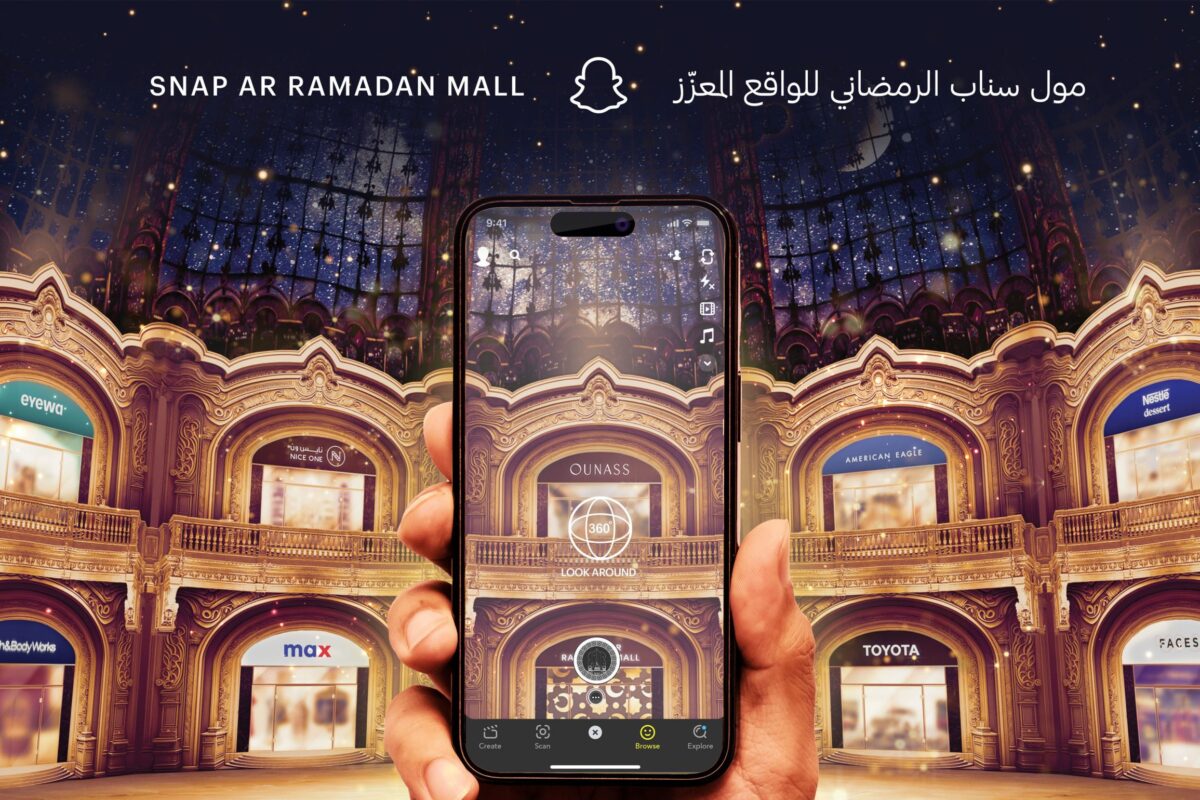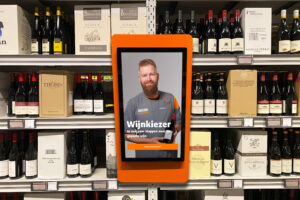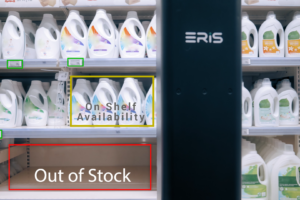Brands are increasingly leveraging AR tools and 3D content to drive online sales
The ongoing pandemic and lockdowns have exploded social media usage and increased traffic in online shopping platforms, forcing many brands to embrace emerging technologies such as Augmented Reality (AR) and virtual stores to remain competitive and engaged with their customers.
AR is not a new concept in the retail/marketing industry, however today it is more mature. Now due to the changes in consumer behavior and the need for digital transformation, adoption of AR tools is accelerated. ABI Research, a global tech market advisory firm, estimates the augmented reality market in retail, commerce, and marketing will surpass US$12 billion in 2025.
“The advancements in face and spatial recognition in combination with WebAR and other content democratization efforts will be game changers for virtual try on and product preview experiences, allowing consumers to seamlessly access interactive and realistic AR content. Within the next two years, more and more brands will transfer their marketing campaigns and online shopping platforms from static webpages and 2D images to interactive experiences and platforms,” explains Eleftheria Kouri, Research Analyst at ABI Research.
AR technology has become more accessible, capable, and affordable over the past few years, which has spurred interest in AR across markets for both users and enterprises. AR platform providers such as ThreeKit and Cappacity have launched 3D content creation tools with the aim of easing content creation requirements – often a barrier for many retailers. AR providers such as Banuba and Poplar Studio are assisting brands in leveraging AR technology and building interactive marketing campaigns on social media platforms. These efforts are joined by incumbent retail and tech names, such as Amazon, Facebook, and Apple, along with brands already leveraging AR for retail and marketing, including IKEA, Hyundai, Nestle, and Nike.
“Online shopping will continue to grow after the pandemic, especially in product categories supported by AR experiences such as make-up, clothing, and furniture. As data continues to come in supporting the success and ROI of AR/VR marketing efforts and satisfaction around user experiences, expect further investment and activity in the space as online retail and immersive content become increasingly partnered,” concludes Kouri.
Source: ABI Research







